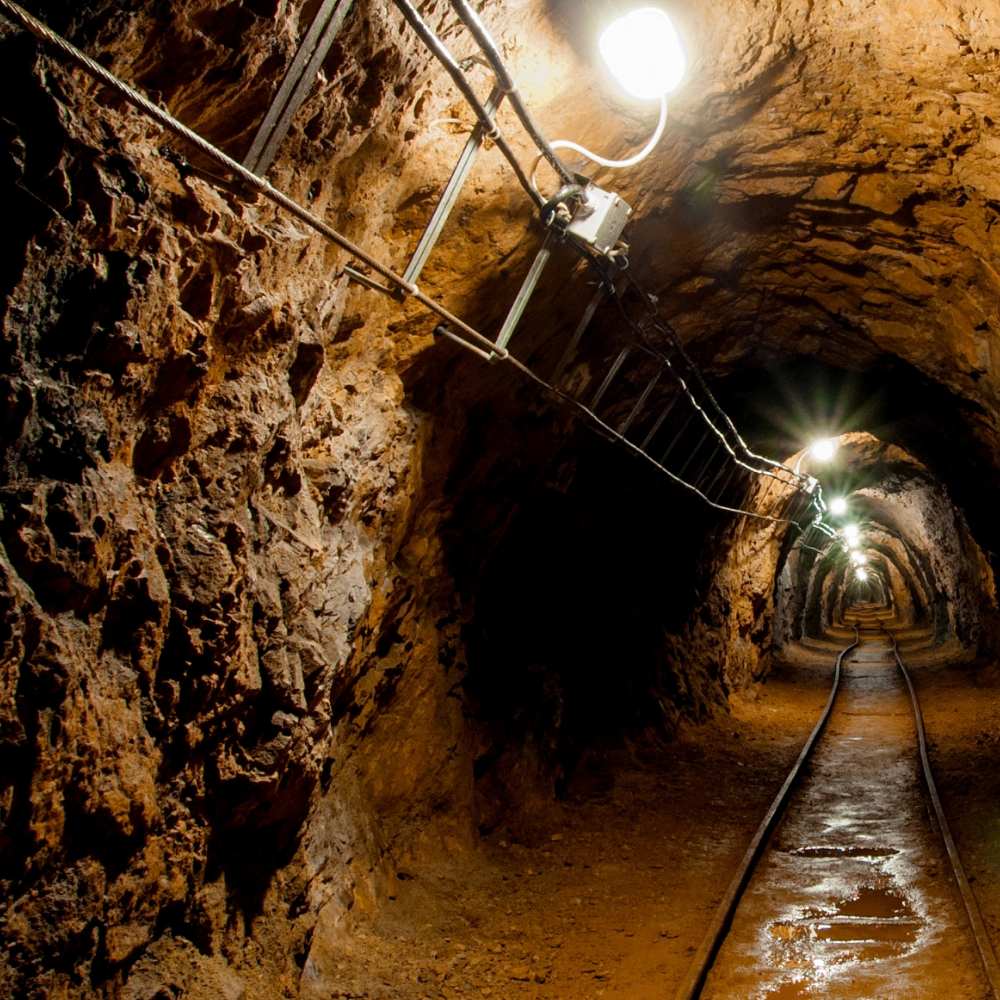A super-cycle cyclone? Energy transition minerals and a just recovery

Canva.
The switch to a fossil fuel free future shares many similarities with pandemic recovery. Both are born out of tragic crises, and yet both provide welcome opportunities for business and society. Both have been triggered or accelerated by aspects of modern living, which challenge us to reconsider our lifestyles.
The energy crisis is not just about the need to transition from fossil fuels to renewable energy, but is fundamentally a resource-use crisis: a critical issue often overlooked. Our increased use of natural resources has more than tripled since 1970, with a continued growth path. The International Resource Panel notes “90% of biodiversity loss and water stress are caused by resource extraction and processing. These same activities contribute to about half of global greenhouse gas emissions.”
The eradication of fossil fuels and just recovery from the economic slump associated with COVID are paramount. Yet both activities could be heavily resource-dependent. For example, there are a number of transition minerals upon which the energy transformation relies - for renewable equipment (such as wind turbines or solar panels), batteries for storage or the development of electrical infrastructure. The potential increase in production of cobalt or lithium is well known, but significantly greater demand for steel, copper and nickel is also likely. Where COVID recovery is not focused on supporting the energy-transition, it may well be centred on other resource-reliant publicly-funded infrastructure schemes.
Thus, recovery from both crises risks a significant boom in mining. Given the likelihood an infrastructure-led just recovery and the energy transition coincide, talk of a new 'super-cycle' has emerged. Mining is a notorious boom and bust industry, but a super-cycle can be characterised as a string of booms, or an extended period of growth and price rises. The last super-cycle coincided with satisfying the staggering demand from China's recent GDP growth. A new super-cycle is debatable, but even a major boom could cause serious harm to vulnerable communities. Those communities are likely to be in the global south, especially Indigenous peoples many of whose lands exist on the last extractive frontiers. They may well impact the global north too, with supply chain risks leading to further exploration within Europe and North America.
Mining and processing of metals has long been associated with human rights abuse, particularly regarding affected communities. Business & Human Rights Resource Centre’s Transition Minerals Tracker has effectively summarised these concerns regarding six key energy transition minerals. Of 103 companies who hold a majority market share in those minerals, a total of 276 allegations of human rights abuses were identified between 2010 and 2020. Mining has also been identified as the industry most connected to the murder of land and environmental defenders.
So what can be done to ensure that any new energy transition and just recovery mineral boom avoids unnecessary harm? This question is one that War on Want’s, A Material Transition, has sought to answer.
Affected communities
A material transition must ensure communities, especially Indigenous communities, are able to assert their right to free, prior and informed consent over whether, or how, extraction can take place. The concept of a just transition and just recovery cannot stop at worker and national priorities, but must extend to those who might otherwise inhabit 'sacrifice zones' that states or companies feel are necessary.
Human rights due diligence
Recent focus on supply chain due diligence brings hope that investors and end-users of transition minerals - such as battery or electric vehicle manufacturers - will take steps to eradicate human rights abuse in their supply chains. However, to ensure stakeholder parity and improve the practical impact of the increasing numbers of such laws and schemes, consolidation and coordination are desperately required to key minimum standards.
Growth and demand
There are many demand-side initiatives - often focusing on the concept of the circular economy - which illustrate how to reduce our need for newly-mined minerals. Some of these solutions have real potential, such as safe urban mining to recover metals from the waste stream. Others - such as deep sea mining - threaten whole new extractive frontiers. However, even a circular economy could theoretically continue to expand requiring new mining, and so questioning over-consumption will be necessary to moderate any new minerals boom.
Conclusion
Just transition and just recovery may end up becoming intrinsically linked, but if there is to be any hope of the 'just' part shining through, we need to consider the rights of potentially affected communities, abolish rights abuses from mineral supply chains and resolve issues of over-consumption. Given the scale of impact, we cannot dig our way out of the climate crisis or pandemic recovery. It is worth remembering the words of the International Resource Panel: “A profound social and economic crisis is looming and for most of the world, business as usual does not fit into the new reality. The priority should be keeping all people afloat, including the most vulnerable, while not losing sight of the need to maintain planetary health and sustainable resource management.”


